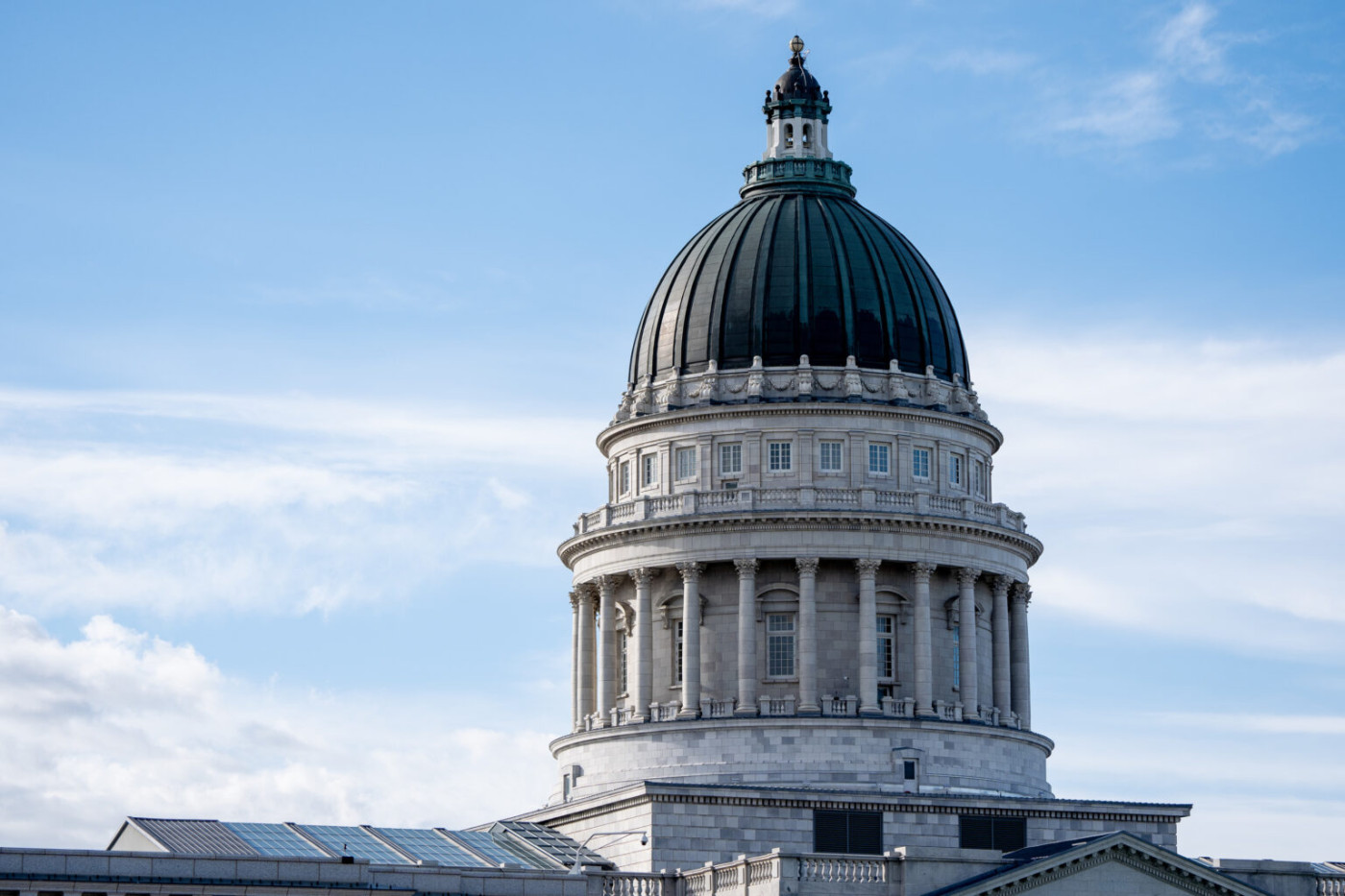A bill that would legalize human composting, also known as natural organic reduction, as an alternative to other burial services such as cremation and alkaline hydrolysis was held in the Senate Business and Labor Standing Committee Tuesday, meaning it could come back later in the session.
Sen. Jen Plumb, D-Salt Lake City, introduced similar legislation during last year’s session, but the bill was held in committee due to concerns about issues including disclosure of burial remains on private properties and visitation rights to a burial site.
This year’s bill, SB84, hasn’t addressed all those concerns yet, but it does outlaw the use of human compost for food growth.
Natural organic reduction is defined by the National Funeral Directors Association as “the contained, accelerated conversion of human remains to soil.” The process involves placing a body in a container that is filled with straw, wood chips or alfalfa; then over several weeks, microbial activity transforms the body into nutrient-rich soil.
“Ultimately, for me, I think this is an opportunity for our funeral industry,” Plumb said. “This is a business opportunity. Right now, there are people in Utah choosing this option, but they’re going out of state for it, and those dollars are leaving the state.”
James Loomus, a Utah resident who recently lost his 16-year-old daughter, who wanted to be composted, said he had to send her remains out of state, which was an additional complication and expense to an already difficult situation.
“Now, I don’t have her close to me and she’s out of state in this process, and I need to drive to another state to pick up that material,” he said with tears in his eyes. “I just ask you to vote in favor of this bill, so the next person in my position doesn’t have that extra burden and cost on top of an already difficult situation.”
Tyler Russon, co-owner of Russon Mortuary and Crematory and a representative of Utah Funeral Directors Association, said the board opposes the bill, but not because it’s against natural organic reduction.
“Many states that have made it legal have had to back regulate,” he said. “We’re concerned with soil. What do you do with that soil … do you have to connect that to the title?”
Sen. Scott Sandall, R-Tremonton, echoed those concerns, but Plumb said human composting is similar to how cremains are spread.
“The volume differential between ashes and this process look like they’re multiple-fold,” Sandall said.
Sen. Calvin Musselman, R-West Haven, said he was all for new business opportunities but was uncomfortable with what he called a “cultural change.”
“I think there probably are lanes that we could regulate to make this work but I don’t know if I’m quite comfortable with it yet, but I am interested,” he said.
Plumb said what people want for their final resting place is a “precious thing”
“To be able to regulate it from our state, make the rules from our state, as well as to bring in this business opportunity and to do it responsibly and thoughtfully, to me feels like the right thing to do,” she said.
The committee voted to move on to the next item on the agenda, leaving room for the bill to potentially come back to the committee later in the session. If it were to eventually pass, Utah would be the 13th state to legalize human composting.
Vanessa Hudson wrote this story as part of a collaborative news internship with Utah News Dispatch and Amplify Utah covering the 2025 Utah Legislative Session. It is published with support from Press Forward.




